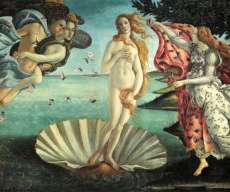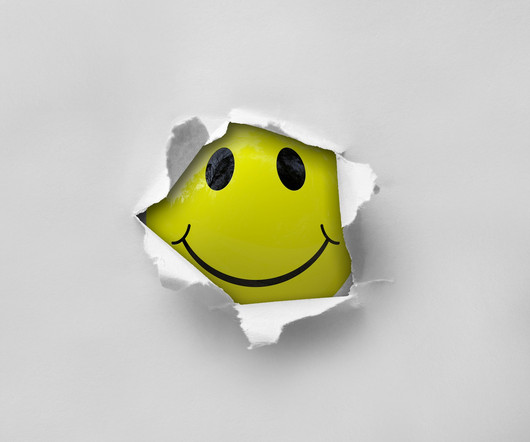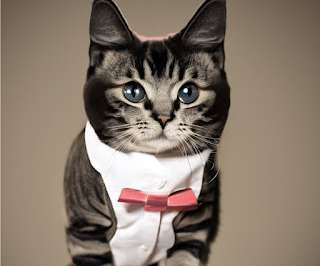Uffizi museum sues Jean Paul Gaultier over unauthorized reproduction of Botticelli’s Venus on fashion garments
The IPKat
OCTOBER 11, 2022
Article 108(3-bis) clarifies in fact that non-profit uses of cultural heritage items for purposes of study, research, freedom of expression or creative expression, and promotion of the knowledge of cultural heritage do not require authorization. irrespective of any IP-related considerations.













Let's personalize your content